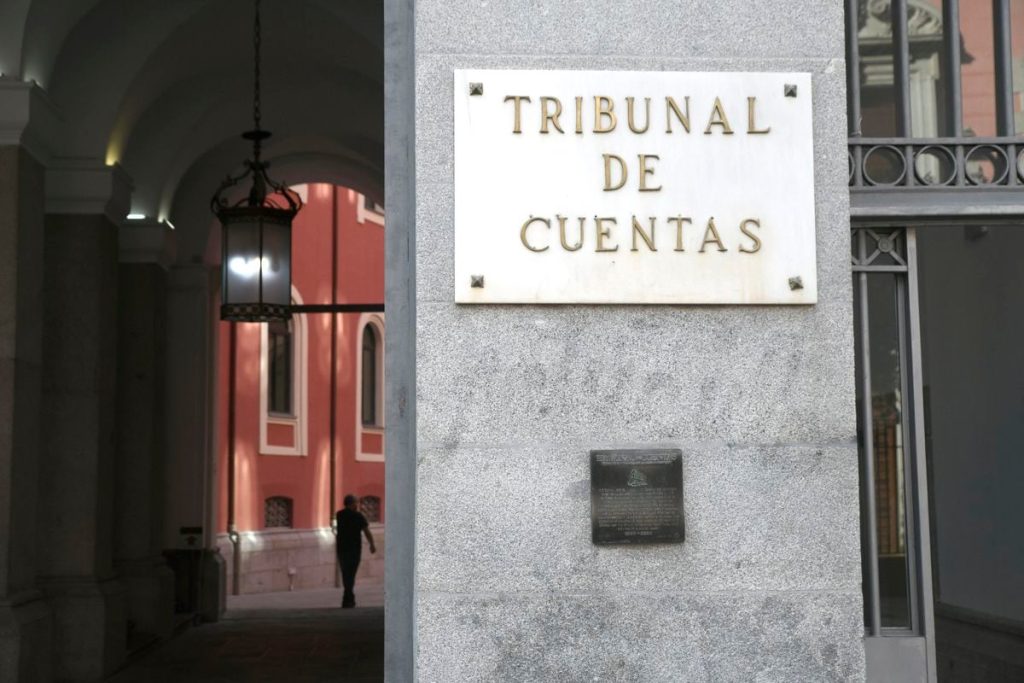The Public Prosecutor’s Office has requested that the main leaders of the Catalan independence process – including former presidents Artur Mas and Carles Puigdemont, and former vice president Oriol Junqueras – and other high-ranking officials of the Generalitat be sentenced to pay 3.1 million euros as responsible for the irregular use of public funds to organize the illegal referendum of October 1st, 2017, and to promote the independence project externally. There are a total of 35 individuals under investigation. This is outlined in the conclusion document delivered by the public prosecutor to the investigating judge of the Court of Auditors, according to information obtained by EL PAÍS. The judge will now give the defense teams a deadline to submit their reports, and a judgment is expected to be issued within approximately one month. The prosecution’s request of 3.1 million euros represents a slight reduction from the initial demand of 3,4 million euros. The Supreme Court already convicted several of the defendants for misappropriation of funds in 2019, but it is the Court of Auditors – the highest supervisory body of the accounts and economic management of public administrations – that has to account for this diversion of funds. However, this is one of the cases that will likely be pardoned when the amnesty law agreed upon by the Spanish Socialist Workers’ Party (PSOE) with the Republican Left of Catalonia (ERC) and Junts comes into effect in exchange for the support of both independence parties for the re-election of Pedro Sánchez as Prime Minister.
This development comes amidst ongoing tensions between the Spanish government and the Catalan independence movement. The use of public funds for the illegal referendum and the promotion of Catalan independence has been a highly controversial issue. The fact that the Public Prosecutor’s Office is seeking a significant sum of money from the key figures involved in the process highlights the seriousness of the allegations. The eventual sentence issued by the Court of Auditors will be crucial in determining the legal and financial consequences for those responsible for the misuse of public funds.
The involvement of former Catalan presidents, vice presidents, and other high-ranking officials of the Generalitat in this case underscores the high stakes involved in the Catalan independence process. The legal and political implications of this development are significant, as the outcome could have long-lasting repercussions on the relationships between Catalonia and the Spanish government. The controversy surrounding the illegal referendum of October 1st, 2017, and the subsequent legal proceedings are likely to fuel further debate and tensions between supporters and opponents of Catalan independence.
The decision to request that the key leaders of the Catalan independence process pay 3.1 million euros as a sanction for the misuse of public funds is a strong indication of the seriousness of the allegations against them. The legal proceedings related to the illegal referendum and the promotion of Catalan independence have been closely followed both within Catalonia and internationally. The eventual judgment issued by the Court of Auditors will be closely scrutinized by all parties involved in the case and could have far-reaching consequences for the individuals implicated as well as for the broader Catalan independence movement.
The fact that the Supreme Court has already convicted several individuals for misappropriation of funds in relation to the illegal referendum adds another layer of complexity to the ongoing legal proceedings. The coordination between different judicial bodies, such as the Public Prosecutor’s Office and the Court of Auditors, in addressing the alleged misuse of public funds underscores the gravity of the situation. The potential impact of the court’s decision on the future of Catalonia’s relationship with the Spanish government remains uncertain, as the outcome could have significant implications for the region’s political landscape. The forthcoming judgment will be closely watched by both supporters and opponents of Catalan independence, as it will shape the narrative surrounding the events of October 1st, 2017, and their aftermath.


